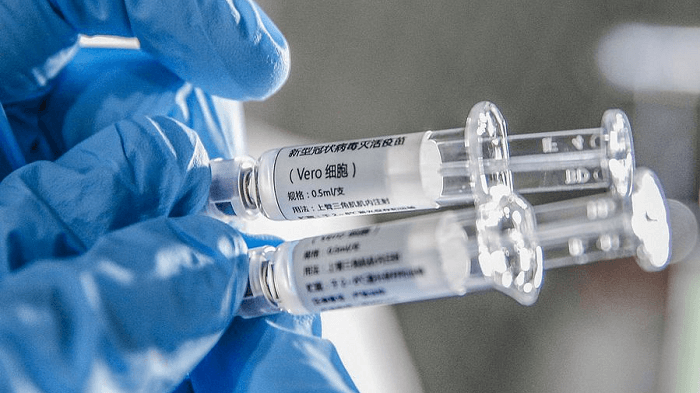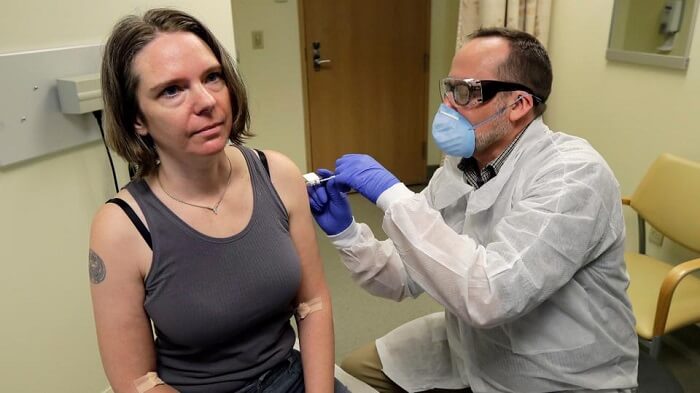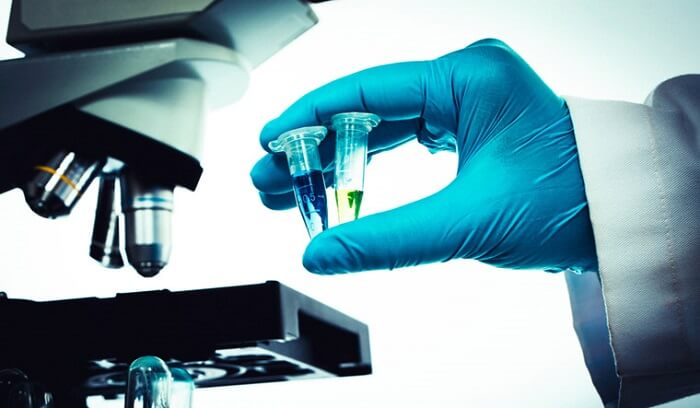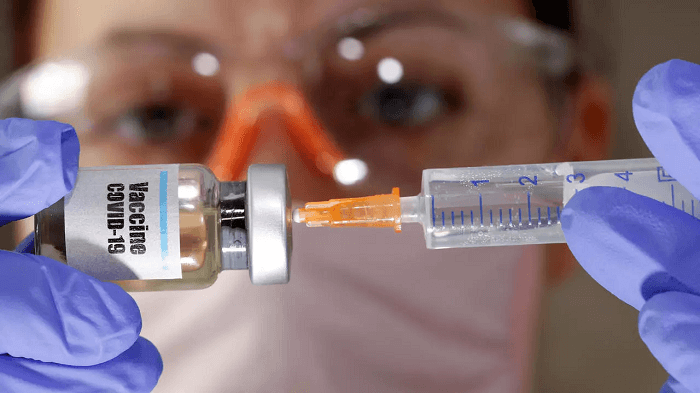Finally, there are more than 160 potential coronavirus vaccines under development that are expected to be 80 to 90% effective and successful. The scientists and health experts are continuously experimenting to find a vaccine for COVID-19. And here are the advancements that will tell you when we will have a coronavirus vaccine.
Coronavirus Vaccine
In just six months, COVID-19 has devastated the whole the world, infecting more than 7 million people and killing more than 400,000.
“Once we get about 70 percent of the population immune, the virus is going to have a real tough time spreading,” says John Cooke, MD, Ph.D., medical director of the RNA Therapeutics Research Program at Houston Methodist, which is co-operating with GeneOne on a Covid-19 vaccine.
What is the Vaccine?
Vaccines boost the body’s immune system to resist intruders. Generally, this is done by exposing the body to weakened or stable types of the [disease-causing] pathogen, so that body starts to produce immunoglobulins to fight the actual pathogen. The body can maintain this kind of ‘immune power,’ so that if a person is exposed to the pathogen again, the immune action can be immediately turned on.
December 31, 2019
On the last day of 2019, Chinese health officials reported a series of strange pneumonia cases in Wuhan, China, to the World Health Organization (WHO). At that stage, no one was familiar with what was causing the sickness, although the outbreak appeared to have started at a Wuhan market that was sealed the next day.
January 12, 2020
Less than two weeks later, Chinese experts had not only identified the cause as a novel coronavirus but had also decoded its genetic sequence, which they made accessible publicly on January 12.
February 24, 2020
Within 42 days of discovery of the genetic sequence, the biotech company Moderna had made its primary vaccine, an mRNA (messenger RNA) vaccine, says Dr. Cooke, who is also president of Houston Methodist’s department of cardiovascular sciences. That vaccine was sent to the National Institutes of Health (NIH) for Phase 1 examinations.
March 24, 2020
Sixty-three days after the sequencing was made accessible, Moderna declared that the first volunteer had been treated with the new vaccine, starting the Phase 1 part of the experiment, an original timeline in the world of vaccine development. Normally, vaccines take at least 10 years to develop and go through certain phases of clinical experiments in humans after first being examined in animals.
Phase 1 studies largely at safety issues, according to the Food and Drug Administration (FDA). Phase 2 through 4 clinical analyses examine whether the vaccine works, as well as any comparatively uncommon side effects that might occur only in greater numbers of people. The experiments can be advanced up by combining some of the phases and, in the case of a Covid-19 vaccine, specific regulatory standards.
May 18, 2020
Followed by much advertising, Moderna declared provisional conclusions for the Phase 1 study: The vaccine produced “neutralizing antibodies” in all members (eight people) and seemed safe. That is the major progress in the manufacturing of coronavirus vaccine.
Manufacturing difficulties
The next difficulty is producing sufficient vaccines, typically 7 billion doses, one for every single human on the earth. And it will need to produce vaccines fast. Manufacturing requirements will depend on what sort of virus we end up with, say an RNA vaccine, or a minor version of the coronavirus.
When will we have a vaccine?
Yeah, this is the million-dollar question: When will we be able to walk into a drugstore or pharmacy and get a reliable and efficient vaccine for Covid-19? Estimates differ.
“NIAID Director Anthony Fauci has issued a well-publicized timeline of 12-18 months before a vaccine can be available for public use, so the soonest we are looking at would be in a year,” says Dr. Wang.
Some have proposed the end of the year as a target time, but Dr. Cooke doesn’t believe we’ll have a vaccine until, at the earliest, the start of 2021.
It is important to note that all this effort all over the world does not ensure the arrival of a vaccine ever. But luckily, scientists are hopeful. The initial results are encouraging. “The speed of vaccine development has been fantastic, so much quicker than ever before.
Will it be effective and get us back to normal?
The proper vaccine could kill a disease as earlier we have seen with smallpox. To be practical though, returning to normal will depend on how powerful the vaccine is, and how safe (although vaccines are normally quite safe).















































